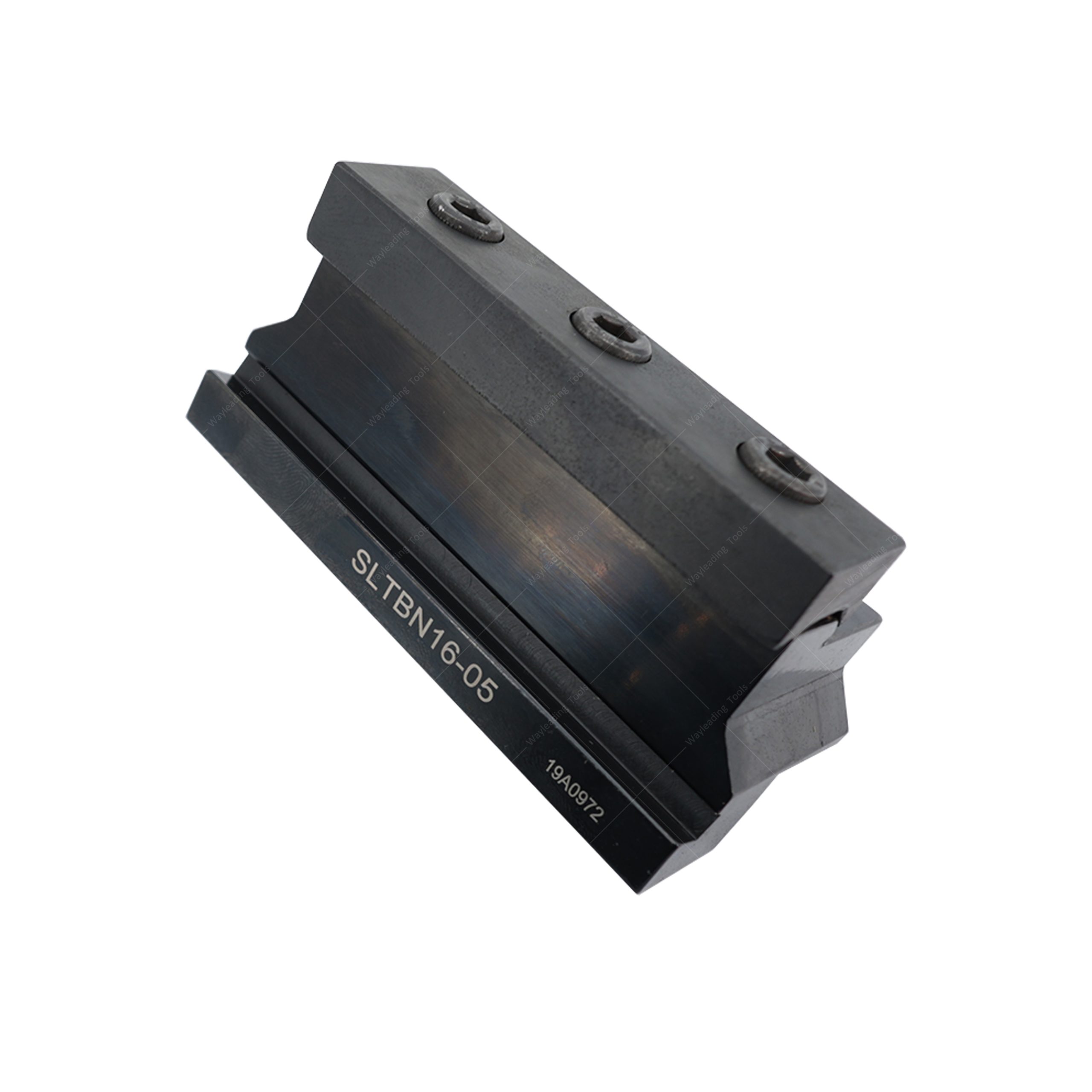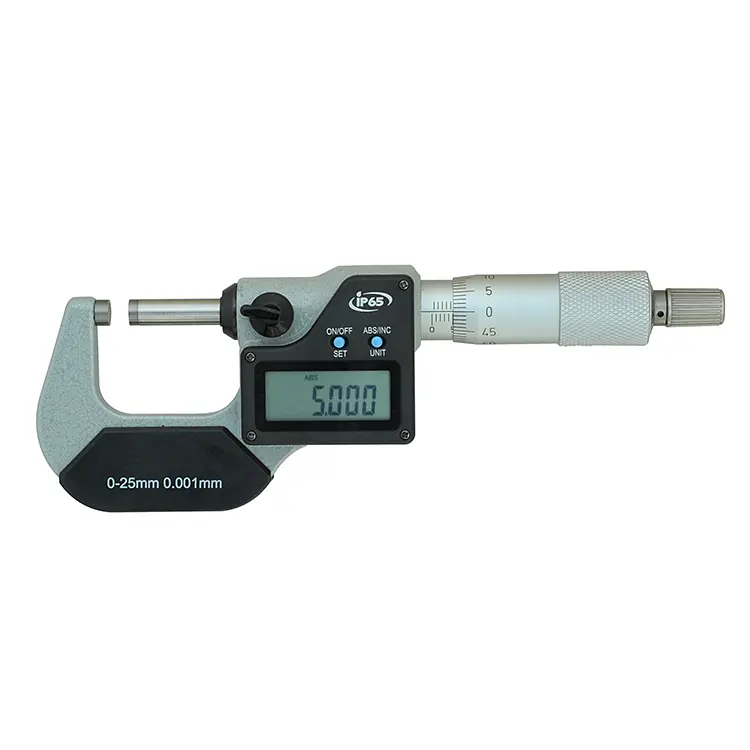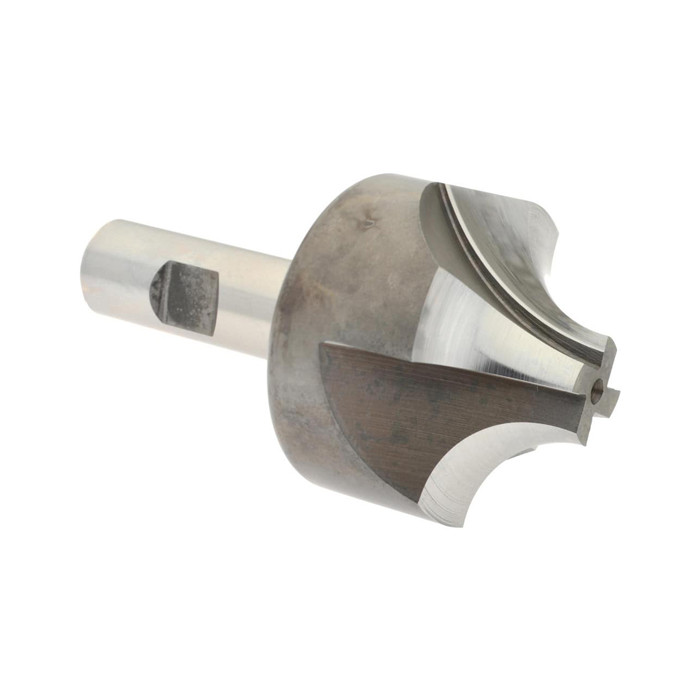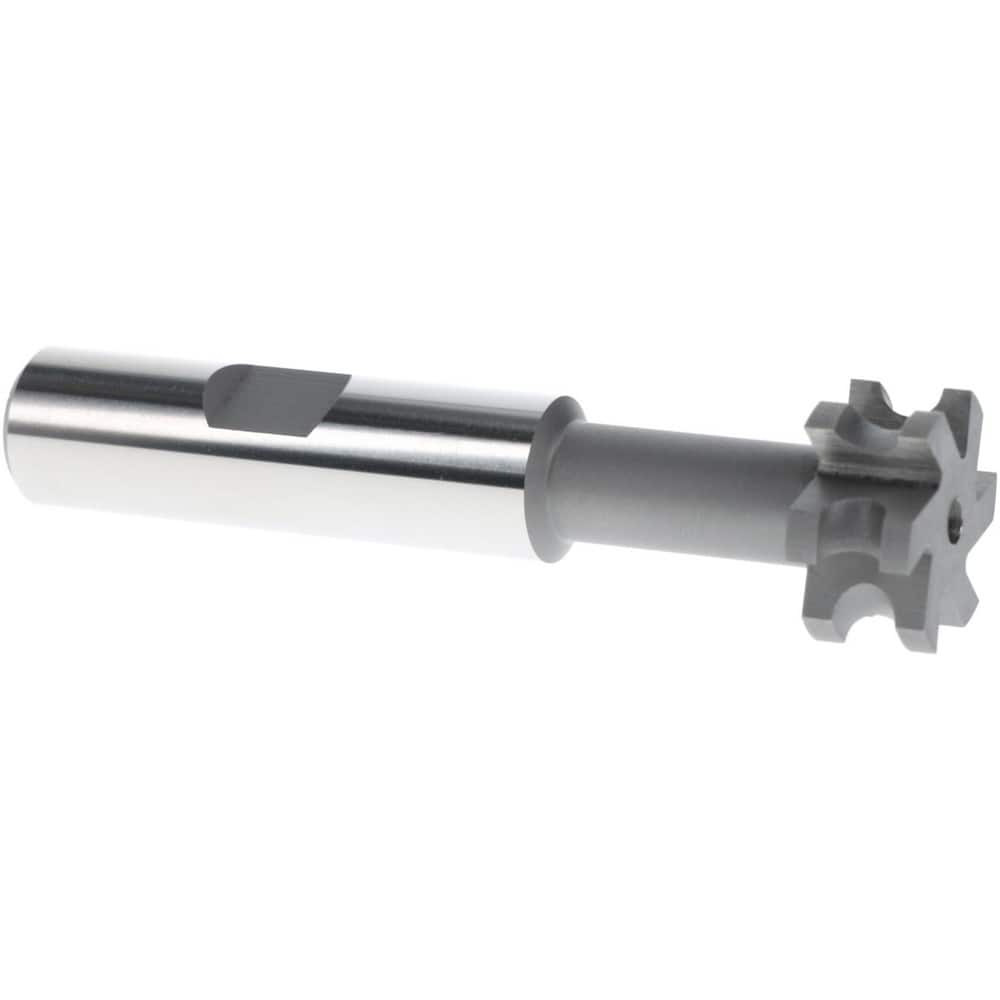Wholesale bottom taps
Wholesale bottom taps, also known as finishing taps, are essential tools for achieving precise and clean threads in tapped holes. They are used after taper and plug taps to refine threads to their final dimensions, ensuring accurate and secure fits for screws and bolts. This guide explores the different types of wholesale bottom taps, their applications, selection criteria, and where to source them, providing you with the knowledge to choose the right tools for your threading needs.
Understanding Bottom Taps
A wholesale bottom tap is specifically designed to cut threads to the very bottom of a blind hole (a hole that doesn't go all the way through the workpiece). Unlike taper taps or plug taps which have a tapered cutting edge, wholesale bottom taps have a nearly flat cutting edge, allowing them to reach the bottom of the hole and create a fully formed thread.
Key Features of Bottom Taps
- Minimal Taper: The most distinguishing feature is the very short or non-existent taper, allowing for threading close to the bottom of the hole.
- High Precision: Designed for achieving the final thread size and accurate thread depth.
- Material: Typically made from High-Speed Steel (HSS) or Cobalt Steel for durability and heat resistance. Some are also available with coatings like Titanium Nitride (TiN) for enhanced performance.
- Flute Design: Straight flutes are common, but spiral flutes are also available for specific materials and chip evacuation needs.
Types of Bottom Taps
While the core function remains the same, wholesale bottom taps are available in various types to suit different materials and applications. Here are some common types:
- HSS Bottom Taps: Made from High-Speed Steel, these are versatile and suitable for general-purpose threading in steel, aluminum, and plastic.
- Cobalt Bottom Taps: Cobalt steel offers superior heat resistance and durability, making these taps ideal for harder materials like stainless steel and alloy steels.
- Spiral Flute Bottom Taps: Spiral flutes help evacuate chips upwards, making them suitable for deep holes and materials that produce stringy chips.
- TiN Coated Bottom Taps: Titanium Nitride coating reduces friction, increases wear resistance, and improves cutting performance, extending the life of the tap.
- Metric Bottom Taps: Designed for creating metric threads, adhering to ISO standards.
- Imperial Bottom Taps: Designed for creating imperial threads, adhering to ANSI standards.
Applications of Bottom Taps
Wholesale bottom taps are indispensable in various industries and applications where accurate and fully formed threads in blind holes are required. Some common examples include:
- Automotive Repair: Threading bolt holes in engine blocks, cylinder heads, and other components.
- Aerospace Manufacturing: Creating precise threads for fasteners in aircraft structures.
- Metalworking: Threading holes in machine parts, jigs, and fixtures.
- Manufacturing: Assembly of parts requiring maximum thread engagement and strength.
- DIY Projects: Any home or hobby project that requires threading blind holes.
Selecting the Right Bottom Tap
Choosing the correct wholesale bottom tap is crucial for achieving optimal results and preventing damage to the tap or workpiece. Consider the following factors:
- Material: Select a tap made from a material suitable for the workpiece material. HSS for softer materials, Cobalt for harder materials.
- Thread Size and Type: Ensure the tap matches the required thread size (e.g., M6, 1/4-20) and thread type (metric, imperial, NPT).
- Hole Size: Use the correct drill size for the tap to ensure proper thread engagement and prevent tap breakage. Tap drill charts are readily available online and provide the recommended drill size for each tap size.
- Flute Design: Choose straight flutes for general-purpose applications and spiral flutes for deep holes or materials that produce stringy chips.
- Coating: Consider a TiN coating for enhanced performance and longer tap life, especially when working with abrasive materials.
Tips for Using Bottom Taps
Proper technique is essential for using wholesale bottom taps effectively and safely.
- Start with Taper or Plug Tap: Always use a taper or plug tap first to create the initial threads before using a wholesale bottom tap. This reduces the load on the bottom tap and prevents breakage.
- Lubrication: Use cutting fluid or tapping oil to lubricate the tap and reduce friction. This improves cutting performance, extends tap life, and produces cleaner threads.
- Slow and Steady: Turn the tap slowly and steadily, using a tap wrench to apply even pressure. Avoid forcing the tap, as this can lead to breakage.
- Back Off Regularly: Back the tap off periodically to break chips and prevent clogging. This also helps to distribute the cutting fluid and reduce friction.
- Clean the Hole: After tapping, clean the hole thoroughly to remove any chips or debris.
Sourcing Wholesale Bottom Taps
Finding a reliable supplier of wholesale bottom taps is important for ensuring quality and cost-effectiveness. Wayleading Tools, with our extensive experience in providing high-quality cutting tools, offers a wide range of wholesale bottom taps to meet your specific needs. We understand the importance of precision and durability in threading applications and are committed to providing tools that deliver exceptional performance. Our selection includes HSS, Cobalt, and coated taps in various sizes and thread types. Contact us today to discuss your wholesale bottom taps requirements.
Troubleshooting Common Tapping Problems
Even with the right tools and techniques, you may encounter problems when tapping. Here are some common issues and their solutions:
| Problem | Possible Cause | Solution |
|---|---|---|
| Tap Breakage | Incorrect drill size, insufficient lubrication, forcing the tap, hard material. | Use correct drill size, use cutting fluid, apply even pressure, choose a tap made for harder materials. |
| Stripped Threads | Oversized hole, insufficient thread engagement, worn tap. | Use correct drill size, ensure adequate thread engagement, replace worn tap. |
| Rough Threads | Dull tap, insufficient lubrication, incorrect cutting speed. | Replace dull tap, use cutting fluid, adjust cutting speed. |
Conclusion
Wholesale bottom taps are essential tools for achieving accurate and fully formed threads in blind holes. By understanding the different types of taps, their applications, and selection criteria, you can choose the right tools for your specific needs. Remember to use proper techniques and lubrication to ensure optimal results and prevent damage to the tap or workpiece. For a reliable source of high-quality wholesale bottom taps, consider Wayleading Tools, your partner in precision cutting solutions. Explore our range of tapping solutions and elevate your threading projects today! Discover our high-quality [spiral flute taps](www.wayleading.com) for efficient chip removal and precise threading.
Related products
Related products
Best selling products
Best selling products-
 Precision V Block And Clamps Set With Heavy Duty
Precision V Block And Clamps Set With Heavy Duty -
 Precision 8pcs & 9pcs Angle Blocks Set With High Quality Type
Precision 8pcs & 9pcs Angle Blocks Set With High Quality Type -
 Parting & Grooving Tool Block For NCIH Blades
Parting & Grooving Tool Block For NCIH Blades -
 Precision V Block Set With M Type
Precision V Block Set With M Type -
 Precision 10pcs & 12pcs Angle Blocks Set With High Quality Type
Precision 10pcs & 12pcs Angle Blocks Set With High Quality Type -
 Precision Vernier Caliper Of Metric & Imperial For Industrial
Precision Vernier Caliper Of Metric & Imperial For Industrial -
 Precision IP65 Digital Outside Micrometer Of Inch & Metric With Data Output
Precision IP65 Digital Outside Micrometer Of Inch & Metric With Data Output -
 HSS Metric & Inch Corner Rounding End Mill For Industrial
HSS Metric & Inch Corner Rounding End Mill For Industrial -
 HSS Inch Concave Milling Cutter For Industrial
HSS Inch Concave Milling Cutter For Industrial -
 Type E Oval Tungsten Carbide Rotary Burr
Type E Oval Tungsten Carbide Rotary Burr -
 Metric HSS Annular Cutters With Weldon Shank For Metal Cutting
Metric HSS Annular Cutters With Weldon Shank For Metal Cutting -
 Outside Micrometer Set Of Inch & Metric For Industrial
Outside Micrometer Set Of Inch & Metric For Industrial
Related search
Related search- SVHC turning tool holder Manufacturers
- SCGC turning tool holder Manufacturer
- R8 Drill Chuck Arbor Supplier
- High-Quality pull studs wrench
- STFC boring bar Manufacturer
- High-Quality u drill
- Wholesale digital depth gauge
- PDJN turning tool holder Manufacturer
- Wholesale milling collet chuck set
- pull studs wrench Supplier









